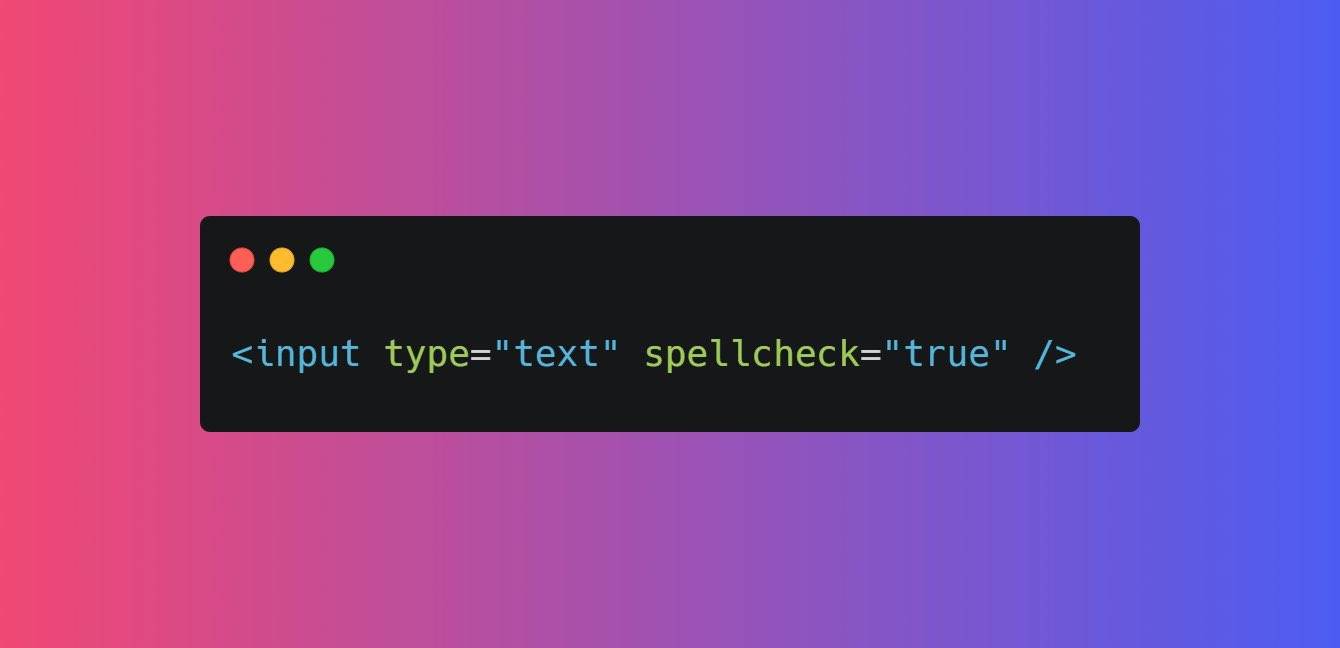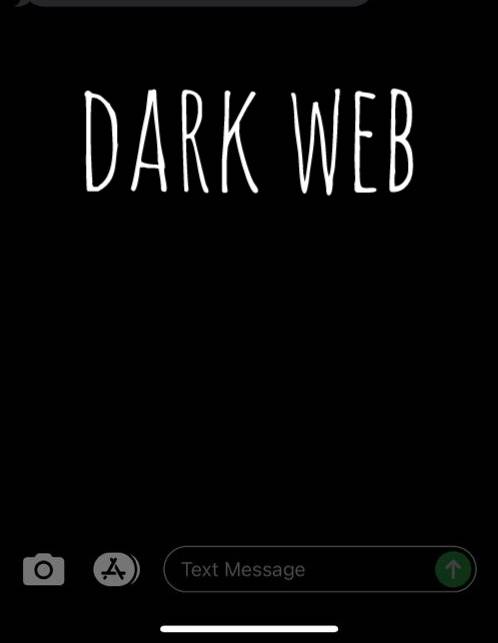The dark web refers to content that isn’t indexed by search engines and that requires special software or authorization to access. Dark web content lives on the darknet, a part of the internet accessible only to particular browsers or through specific network configurations.
As with the early internet, the dark web has a reputation as a haven for illegal activities and is frequently implicated in illicit and criminal activity. While the dark web has played a hand in illegal and unethical transactions, it also provides a social outlet for people who may otherwise be persecuted for their identities or political beliefs. It also gives legal authorities the additional tools they need to apprehend the perpetrators of unethical activities.
The dark web, however, is a very concealed portion of the deep web that few will ever interact with or even see. In other words, the deep web covers everything under the surface that's still accessible with the right software, including the dark web.
Breaking down the framework of the dark web reveals a few key layers that make it an anonymous haven:
No webpage indexing by surface web search engines. Google and other popular search tools cannot discover or display results for pages within the dark web.
“Virtual traffic tunnels” via a randomized network infrastructure.
Inaccessible by traditional browsers due to its unique registry operator. Also, it's further hidden by various network security measures like firewalls and encryption.
Specific browsers, such as Tor Browser, are required to reach the dark web.
The dark web pulls up sites using information that isn't indexed online, such as bank accounts, email accounts, and databases.
When viewed through this lens, the dark web’s legality is based on how you as a user engage with it. You might fall to the wayside of legal lines for many reasons that are important for the protection of freedom. Others may act in ways that are illegal for the protection and safety of others. Let’s unpack both of these concepts in terms of the “dark web browser” and the websites themselves.



No comments yet
Be the first to share your thoughts!